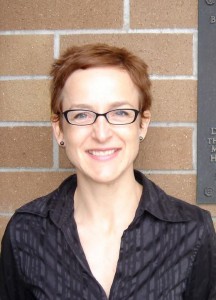About the Seminar
Organic solar cells (OSCs) are a potential cost-effective way to transform solar energy into electricity due to their potential for low-cost and high-throughput roll-to-roll production. Improving the power conversion efficiency (PCE) and stability of OSCs are two of the most important tasks on the march towards commercialization. While much effort has been focused on developing new materials, the optimization of processing conditions is equally important, where optimization is typically done in a haphazard manner using the experimenter’s “intuition” or through one-variable-at-a-time (OVAT/Edisonian) manipulation. Such methods can, however, fail to find the maximum PCE due to the high dimensionality parameter space of processing conditions and correlations between parameters. Moreover, laboratory-scale OSC fabrication is often low-throughput, time-consuming, artisanal in nature, and expensive. Here we describe the Design of Experiments (DOE) approach, along with machine learning (ML) concepts to optimize solar cell efficiency. DoE is used to systematically explore the parameter space of processing conditions and ML is then utilized to estimate the PCE landscape as a function of the processing parameters. This process is then applied recursively to successively smaller regions of parameters space in regions of interest. Utilizing this process allows experimentalists to explore a larger parameter space with fewer experimental trials while obtaining valid and objective conclusions. Specific examples of concrete improvement of the power conversion efficiency of OSCs will be described, and generalized to any system of interest.



